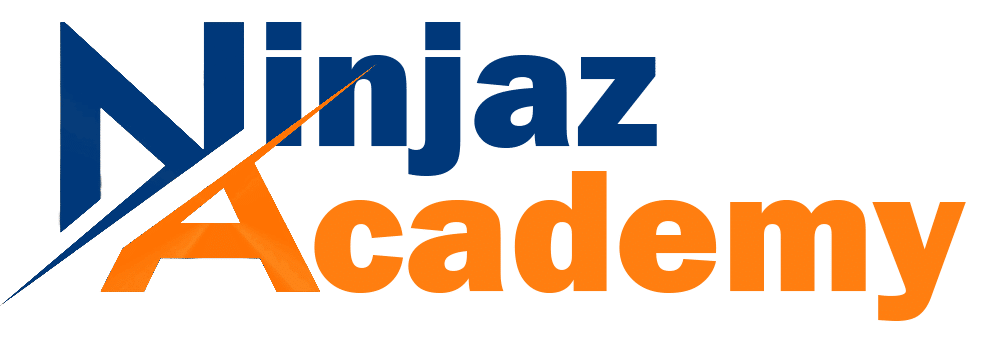
Certified Information Systems Security Professional – CISSP
About This Course
Certified Information Systems Security Professional (CISSP) is one of the world’s premier cybersecurity certifications offered for professionals worldwide. This CISSP certification course is ideal for professionals who are looking to demonstrate their knowledge across different security practices and principles. This Certified Information Systems Security Professional (CISSP) certification is governed by the not-for-profit International Information Systems Security Certification Consortium (ISC)2.
The Certified Information Systems Security Professional (CISSP) is a globally recognized certification for information technology security professionals. Aligned with the latest (ISC)² version launched on May 1, 2021, our CISSP training covers all areas of IT security so you can become a strong information security professional.
The CISSP certification training develops your expertise in defining the IT architecture and in designing, building, and maintaining a secure business environment using globally approved information security standards. The CISSP training covers industry best practices and prepares you for the CISSP certification exam held by (ISC)².
This series can be used to prepare for the (ISC)²® CISSP® (Certified Information Systems Security Professional) examination, with coverage of all 8 domains on the CISSP® Certification Exam Outline effective May 1, 2021. This series provides the foundational knowledge needed to effectively design, engineer, manage, and lead the security posture of an organization.
Key Features:
- Flexible Schedule
- Tailor Made Training
- 24 x 7 Expert Support
- Access to the Recorded Sessions
- Course material prepared by SMEs
- Get certified at an affordable price
- 4 Hours Instructor-led Online Training
- Expert CISSP Certified instructors across the globe
- Get key resources from both Ninjaz Academy and (ISC)²
- CISSP sample papers to prepare for your certification exam
Learning Objectives
Requirements
- Candidates who wish to take up the Certified Information Systems Security Professional (CISSP) training have a minimum 5 years of work experience in two or more of the 8 domains prescribed by ISC2 in their CISSP Common Body of Knowledge (CBK)
- There can be a waiver of 1 year from the required 5-year experience if the candidate has a 4-year college degree or any additional certification credential from ISC2 approved course list.
Target Audience
- Network Architects
- Security Consultants
- Security Architects
- Security Auditors
- Security Managers
- CIOs
- Directory of Security
- Security Analysts
- Security Systems Engineers
- Anybody who wants to gain knowledge of globally-recognized CISSP information security standards
- Anybody who is looking to clear their CISSP Certification Exam




